Don’t tell Max Adomat the can-do American spirit is dead. Adomat’s a 26-year-old guy who wants to be a gal, and he’s not gonna let cost or access problems or reality stand in his way. He’s in the middle of a do-it-yourself sex change.
(I’m supposed to say, “they’re,” I guess. NBC Out does because Max “is nonbinary and uses they/them pronouns.” But I’m a reckless scofflaw. Come and get me, Michigan coppers!)
Adomat “has been on a steady regimen of feminizing hormones for the last six years. They also began their gender transition in New Jersey, a progressive state where clinics offering transition-related medical care are commonplace, and name changes are confidential, they said.”
(Honestly, how do people write this pronoun baloney? Just reading it is exhausting.)
When they began transitioning, their low-paying job in the food service industry did not provide insurance, and they were unable to afford the steep cost of transition-related care — including hormone therapy and routine doctors appointments — without it.
Get ready, Seattle. If your city council reads NBC Out (and I’m pretty sure it does), a Big Mac is gonna run you $47.50 once MacDonalds is forced to add gender-affirming care insurance to its $15 minimum wage.
NBC says the reasons people “opt for the nonprescription and self-administration route vary and include cost savings, health care accessibility, medical discrimination, and the desire to choose which hormones and dosages are involved in the process.”
So, other than “medical discrimination” (whatever that is), it’s really no different from the reasons anybody chooses the DIY route for anything. Just head down to Gender Depot and pick up the tools and materials. Where it gets messy is when the project’s done and you have to live with the results. When you put up your own crown molding, well, “putty and paint make a job what it ain’t.” When you screw around with the essential functions of your body, all the putty and paint in the world can’t fix it.
But back to the economics:
While price sensitivity to health care costs is not unique to transgender people, this community faces higher rates of economic hardship and poverty, with 1 in 3 trans adults reporting an annual household income under $25,000, according to a 2021 report from the liberal think tank Center for American Progress.
That makes some sense. I’d imagine the same is true for people with all sorts of psychiatric problems. But it gets worse:
Dr. Uri Belkind, the associate director of adolescent medicine at Callen-Lorde Community Health Center, an LGBTQ-focused health clinic in New York City, called the long list of transition-related expenses a “transgender tax” that can cost trans people hundreds of thousands of dollars over their lifetime.
Oh, and don’t think things are any better in Single-Payer Paradise. “While England offers free gender-affirming care through a publicly funded health care system,” people face “a waitlist of up to several years through England’s National Health Service.”
A DIY transitioning Brit told NBC, “The traditional way, it’s all socialized; it’s all paid for by my taxes … However, I would argue that the traditional way is like a myth — the idea of getting treatment from the NHS — if you want to transition in this decade.”
Finally, something good about the NHS. By the time it’s ready to help you destroy yourself, you might have changed your mind.
But the real tragedy back in the U.S.A. is that we have federalism, and in some states, normal people are still the majority. “Recent years have seen an unprecedented wave of state laws seeking to ban or restrict transition-related care, particularly for trans youths,” the Peacock laments, neglecting to mention that those laws are a response to an unprecedented social epidemic.
This legislative push makes legal access to gender-affirming care nearly impossible for some people, three experts told NBC News, which could lead them to unregulated online pharmacies.
Or worse – giving up the whole sham and getting on with life. That’s the one outcome the gender industry doesn’t want to see, so it makes the usual scary predictions. “If these youths are unable to acquire hormones, [Dr. Joshua] Safer said, there are ‘going to be negative mental health implications.’”
Call me old-fashioned, but if you’re trying to become the opposite sex, the mental health implications have already presented.
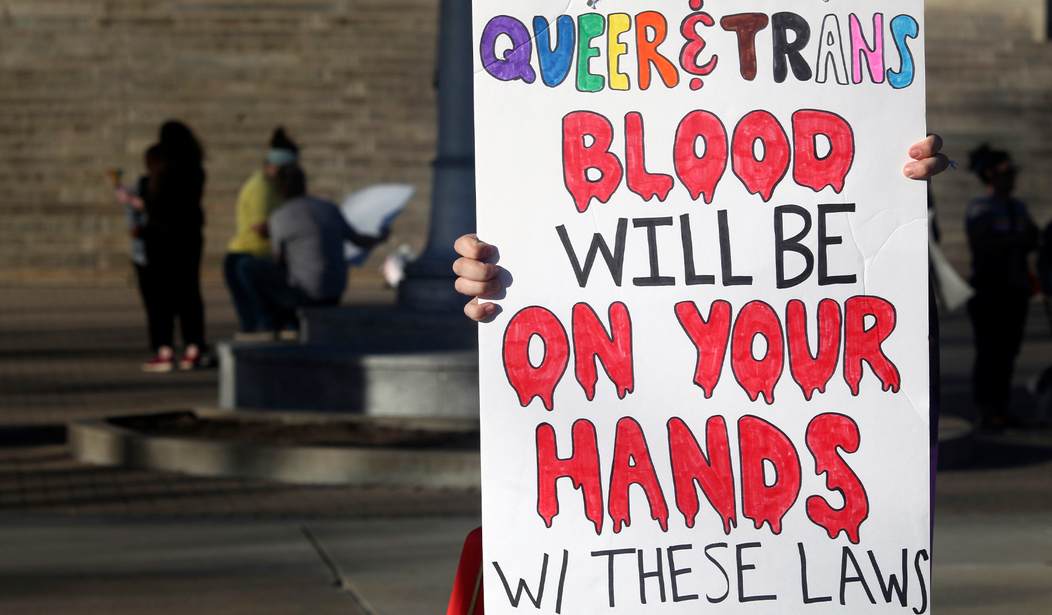



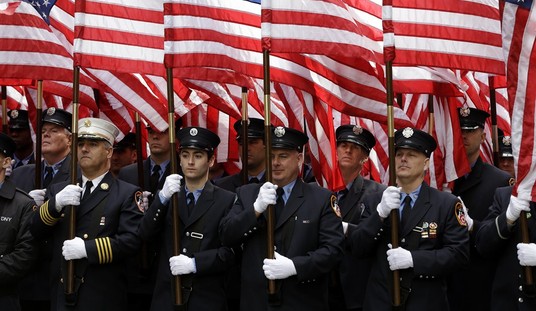



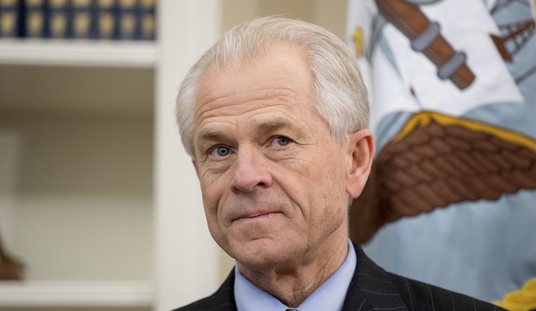

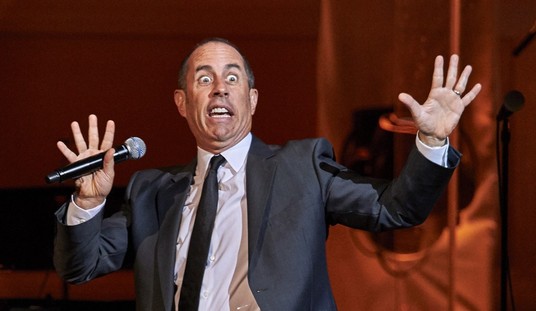
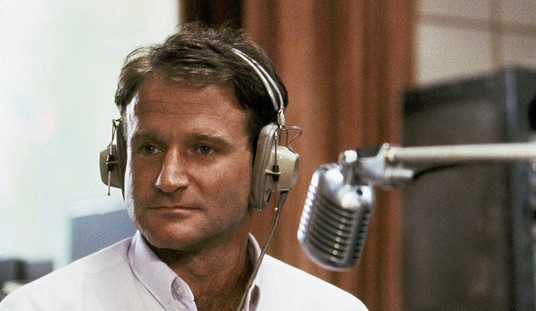


Join the conversation as a VIP Member